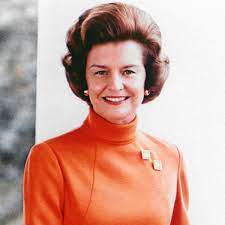Called Home

“Because I could not stop for Death-He kindly stopped for me-The Carriage held but just Ourselves-And Immortality.” Emily’s immortality rests on her poetry, her legacy enshrined by The Emily Dickinson Museum.
Special Place in Hell (1937)

The word secretary sometimes carries negative connotations; it conjures an image of a subordinate female whose job description entails typing, bringing coffee, taking shorthand. These Girl Fridays combined the requisite traits of self-efficiency and self-effacement, the unsung minions. In contrast, when secretary bears a capital letter, it denotes a pinnacle of power.
The White Horse Girl and The Blue Wind Boy
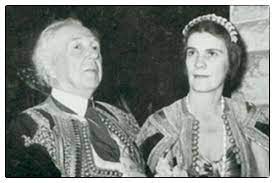
The Hand that Rocks the. Cradle (1914)
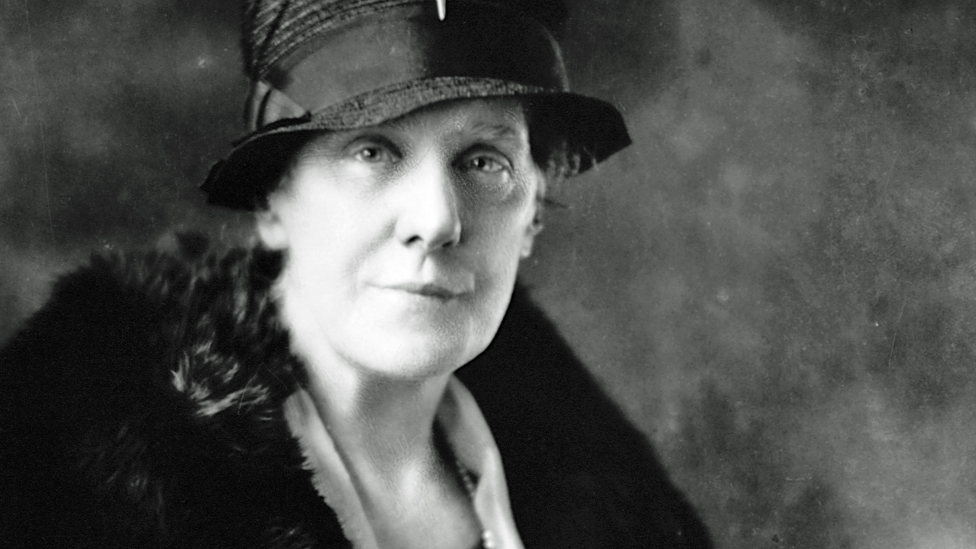
Mothers have always been sacrosanct: the Roman Catholic Church has a cult of the Virgin, beloved nursery rhymes are associated with one named Goose, and Whistler painted an iconic portrait of his. Hence, it was only fitting that a day be set aside to honor mothers; however, it came with a bizarre twist.
Life's Leading Lady
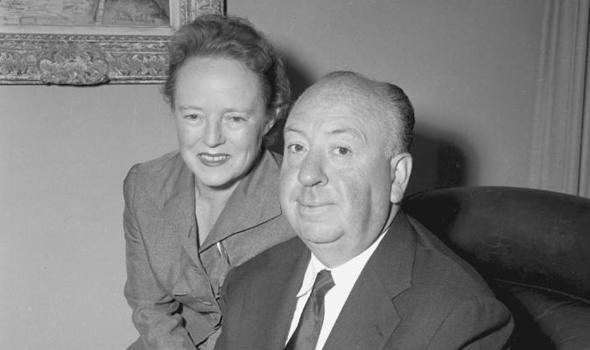
The Stepping Stone
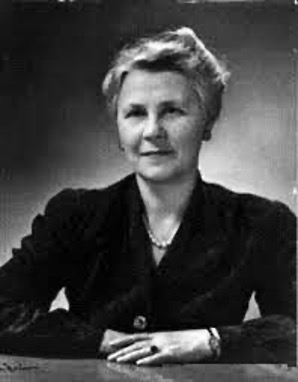
In a country music classic, for a sip of whiskey, a gambler offers the advice, “You’ve got to know when to hold ‘em/Know when to fold ‘em/Know when to walk away.” However, unlike the gambler, there was a wife who, though justified beyond belief, refused to walk away. By remaining steadfast she saved her man, and by extension, brought salvation to millions.
Rose is a Rose is a Rose is a Rose
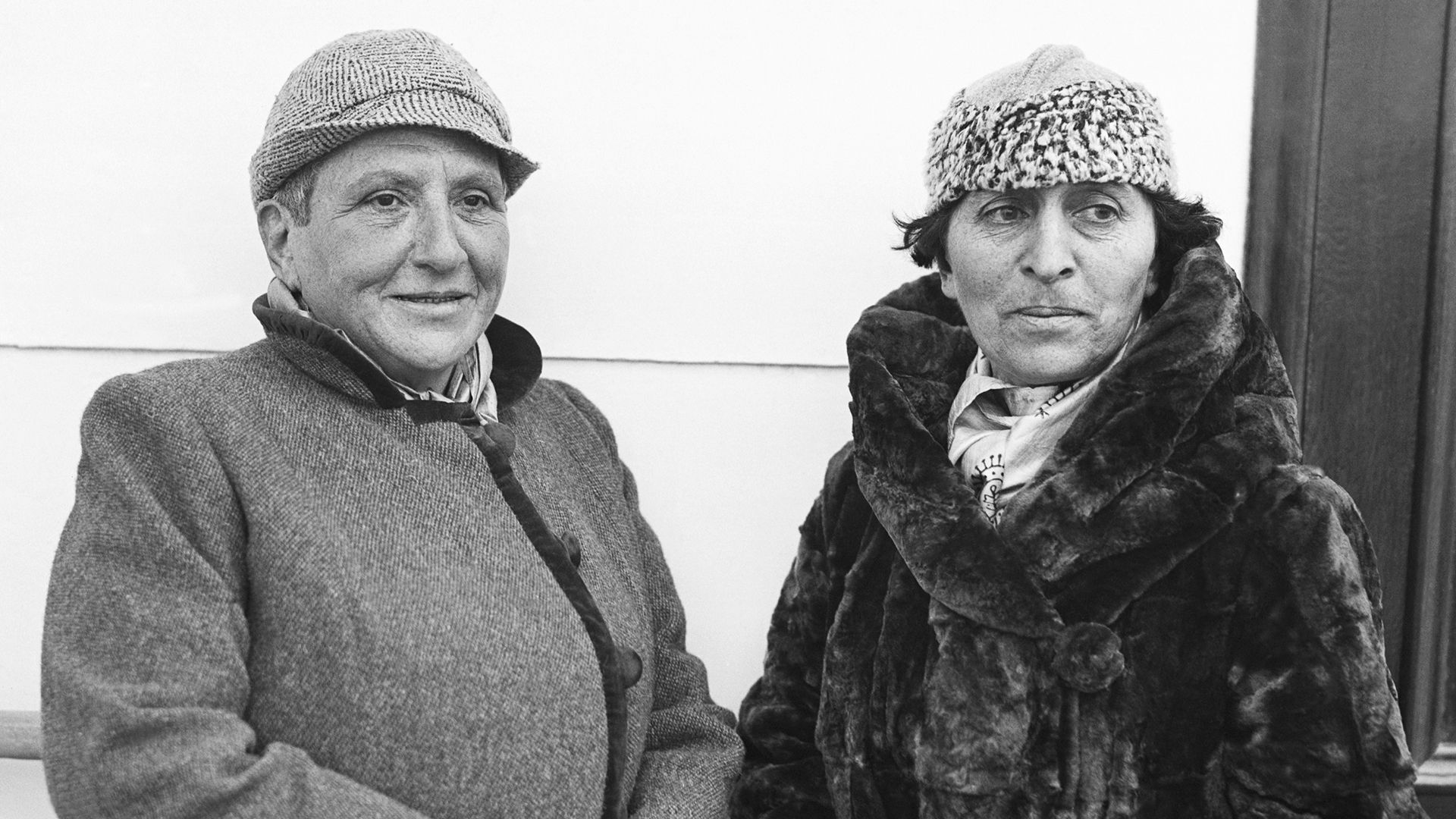
Kung Fu Nuns of Nepal

Wherever We May Go (1830)
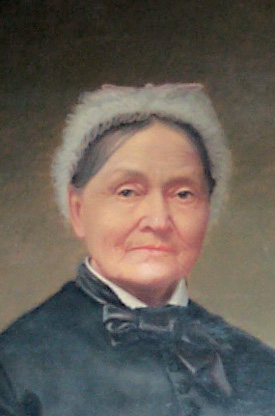
Lilibet (1900)
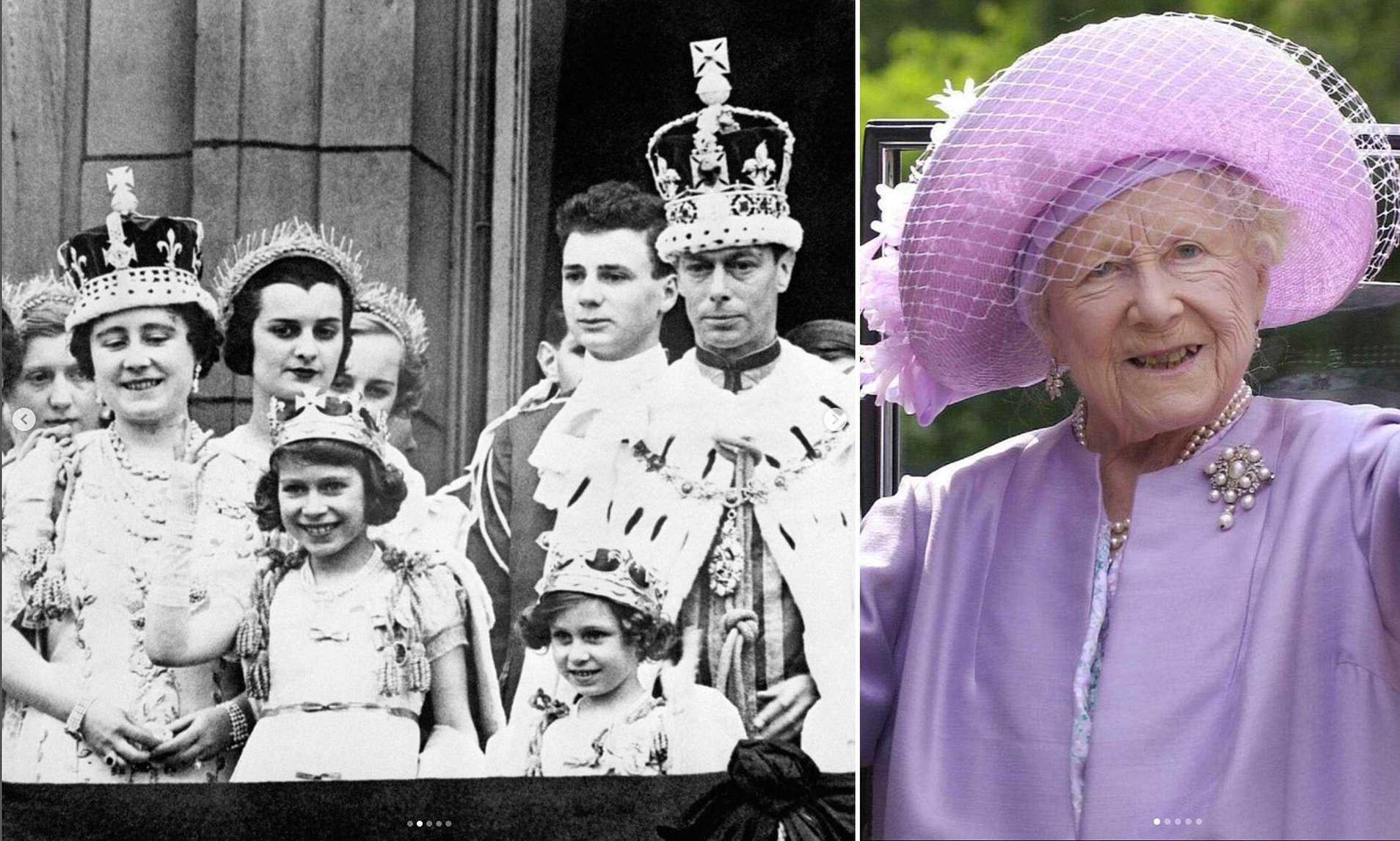
Aurora (1837)
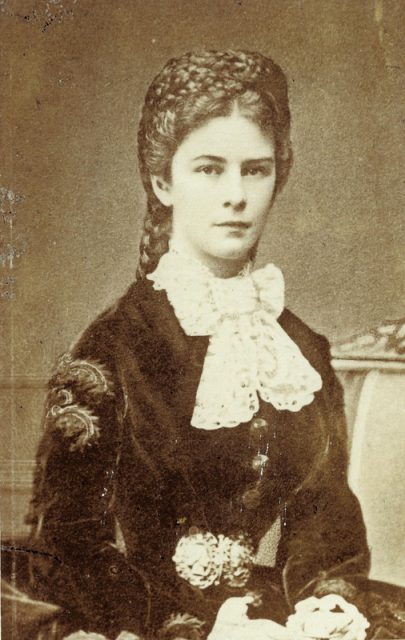
The Princess of Wales and the Empress of Austria, though they lived a century apart, led parallel lives: both were married off to Europe’s most eligible royals, dealt with formidable mothers-in-law, and rued that fairy tale weddings do not always equate to a happily ever after.
An American Grand (1853)

Herr Wolff
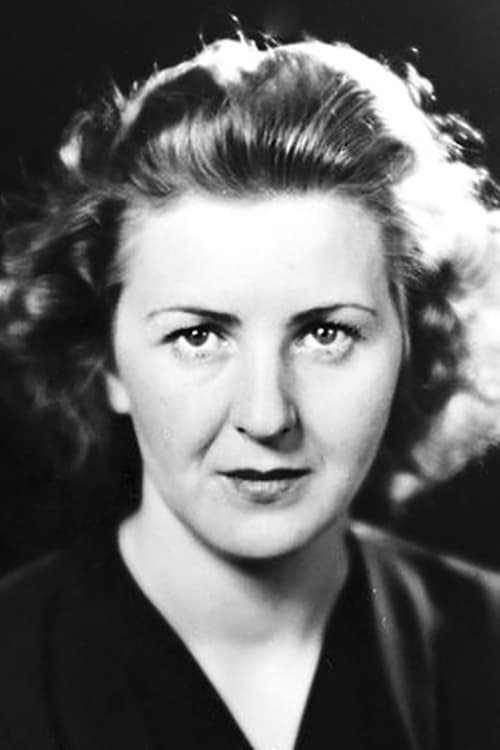
Ethereal Blue Light (opened in 1967)
.jpeg)
“Nothing in life is to be feared. It is only to be understood.” – Marie Curie
The Maria Sklodowska-Curie Museum
16 Freta Street, Warsaw, Poland
One is as likely to witness a blue moon, find a hen’s tooth, or catch a glimpse of Big Foot, as it is to encounter a Nobel Prize recipient. Miraculously, one family garnered five of the coveted awards. Two memorial museums are dedicated to Marie Curie: in Warsaw and Paris.
I'm No Angel (1892)
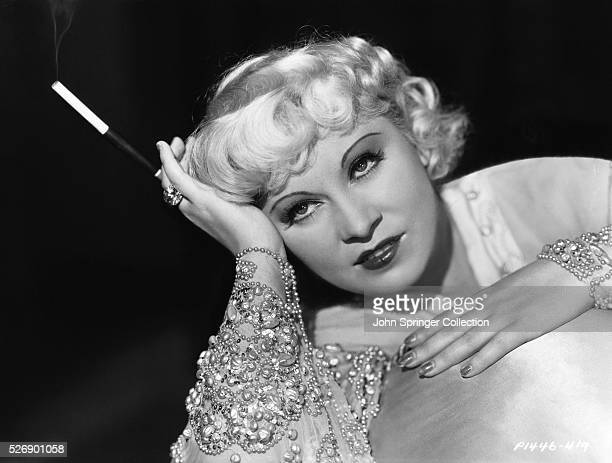
“I used to be Snow White, but I drifted.”
Before Mansfield’s bosom and Monroe’s backside, before Madonna’s bustier and Stone’s uncrossed legs, there was the leader of the pack: bodacious, bawdy, blonde Mae West. Critic George Jean Nathan dubbed her the Statue of Libido.
Who Shot J. R.? (1936)
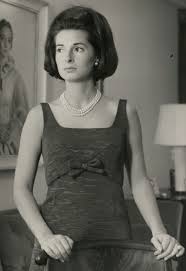
The Worst of Times (1761)
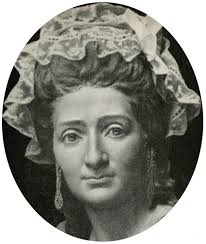
Chapter # 1: The Worst of Times (1761 )
Charles Dickens’ epic novel, A Tale of Two Cities, is a love story set against the fiery backdrop of France and England during the Reign of Terror. A nonfictional heroine whose life was likewise enacted in Paris and London during the same epoch is equally riveting, though it has been regulated to an obscure chapter of this tumultuous time.
There are many exclusive clubs which dot the glitterati capitals of the world which provide open sesame solely to the possessors of blood of blue or pants with deep pockets. And yet there is one such rarefied enclave where entry is even more exclusive: billions of dollars cannot buy entry. Membership is by invitation only; Mother Teresa is one of the few who have declined. British royalty and rock royalty, as well as American presidents have long entered. In our more liberal milieu admittance is less conventional. Orange is the New Black actress Laverne Cox became is first transgender inductee. In answer to where is this place the answer is its establishments are found throughout the world; in answer to who began this novel emporium is a woman whose life was as fantastical as her glittering guests.
Anne Made Grosholz had to deal with the twin challenges of becoming a new mother and a widow when Joseph, her German husband, died from gruesome wounds incurred in the Seven Year War two months before his daughter Marie was born. To add to the dire situation, her spouse’s salary had been her sole source of income. To provide for herself and her infant she obtained a position as a house-keeper to Dr. Philippe Curtius in her hometown of Strasbourg. The physician became so fond of Anne-he claimed to be a big fan of her casseroles- he brought mother and daughter along when he left France to return to his native Switzerland. There developed a lifelong bond between Marie and Curtius, who she called Uncle and he served as surrogate father.
Like many medics of the time, Curtius made anatomical waxes, but his were exceptionally skillful, especially when it came to replicating the textures and hues of human skin. Hence, Marie was raised in a household where it was not unusual to see random body parts. Word of his talent spread and Louis XV’s cousin, the Prince de Conti, offered patronage. Finding the royal opportunity too great a position to pass up, Dr. Curtius, Anne, and six-year-old Marie left for Paris.
From her earliest years Marie was enraptured with the art of wax works and became an eager protégée. The minion ultimately supplanted the master and at age 17 she was creating her own models. While other teenaged girls were courting eligible boys, Marie was busy immortalizing contemporary luminaries such as Jean-Jacques Rousseau and Benjamin Franklin. Her firsts complete sculpture was of Voltaire who joked that at his age every mask was likely to be a death-mask. She liked to remark the three men were frequent dinner guests at the Curtius table, and that Rousseau enjoyed her mother’s cooking.
By the early 1780s, Curtius and Marie had so impressed the French populace he set up a ‘cabinet de circe’ ‘wax exhibition’ at the Parisian entertainment hotspot: the Palais Royal. It featured the crowned heads of Europe so visitors felt the thrill of mingling with the upper echelons. This proved such a resounding success he staged another at the Boulevard du Temple, the Caverne des Grands V
Here's to You (1940)
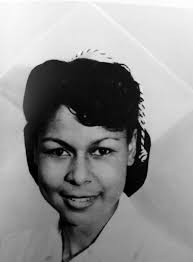
Chapter Ninteen 1940 Here’s to You
The most iconic jersey in baseball history is emblazoned with number 42: Jackie Robinson wore it when he dared dream the impossible dream. But the number not only symbolizes a pivotal moment in the Civil Rights Movement-it represents an enduring love story.
Rachel Annetta Isum was born in Los Angeles on July 19, 1922. The city was infected with racism: a nearby theater required blacks to sit in the balcony and an adjoining hamburger stand refused non-whites service. Despite the bigotry surrounding her family, her parents provided stability: violin lessons, visits to the Huntington Museum and attendance at the local Bethel African Methodist Church. An indelible childhood story from her father related how he had grown up in Chicago where his parents had lived in a rental for forty years after which time they were evicted. His message “a key to one’s own home provides the only key to security.” They intended for her to get that key through education.
Following graduation from nearby Manual Arts High School, Rachel won a scholarship from a civic group and entered UCLA. At university she not only became the first of her family to attain a degree; she also became the tireless teammate of a man whose shadow was to stretch far beyond Ebbets Field.
UCLA’s few African-American students congregated in the corridors of Kerckhoff Hall, where Rachel first laid eyes on Jack Robinson, a four-sport letterman. He favored crisp white shirts to showcase the color which he refused to view as a badge of shame. Rachel was interested-as were many girls- but felt she would never be the homecoming queen to the BMOC. Nevertheless, in a nod to ‘hope springs eternal’ she would arrive early in her beat-up Ford V-8 to accidentally bump into him. They were introduced by a mutual friend and Jackie was taken with Rachel’s beauty and dignity. For their first date Jack, (as she called him,) invited her to a Bruin football dinner at the Biltmore. She was eighteen years old and nervous-she had never been on a date or a guest at a hotel. Sheathed in her first black dress, purchased from the May Company basement, she danced the foxtrot throughout the night with her BMOC.
To their mutual dismay, in 1942 Jack moved to Honolulu to play semi-pro football. Realizing Rachel was “the one” he wrote daily love letters and sent a weekly box of candy. Rachel declared her love but said she would not marry until she became a nurse and he obtained a position as a high school coach. Jackie left Hawaii two days before the bombing of Pearl Harbor and true to his middle-name (Roosevelt), he enlisted in the armed forces. The couple had a major spat when Rachel wr
Untameable (1862)
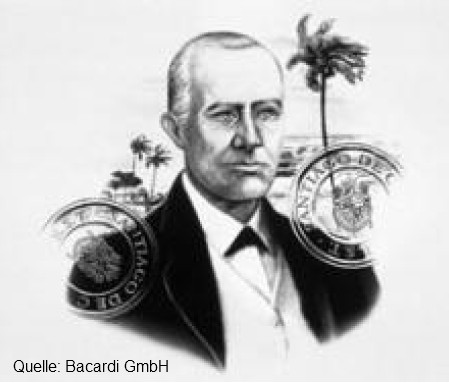
The 2009 film, The Rum Diary, based on Hunter S. Thompson’s novel of the same name, provided the venue where Johnny Depp met Amber Heard. Their relationship ended in an acrimonious divorce and an infamous defamation trial. Yet the original rum diary began with Bacardi Rum, the brew created by Facundo Bacardi.
Camp Betty
